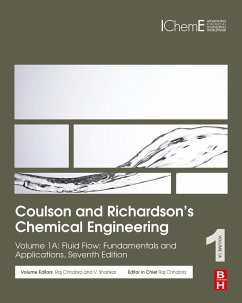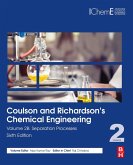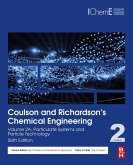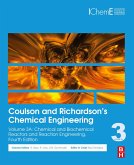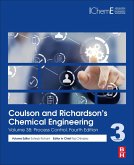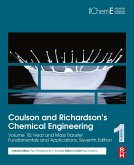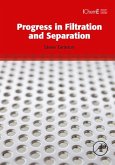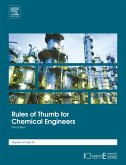Coulson and Richardson's Chemical Engineering: Volume 1A: Fluid Flow: Fundamentals and Applications, Seventh Edition, covers momentum transfer (fluid flow) which is one of the three main transport processes of interest to chemical engineers.
- Covers momentum transfer (fluid flow) which is one of the three main transport processes of interest to chemical engineers
- Includes reference material converted from textbooks
- Explores topics, from foundational through technical
- Includes emerging applications, numerical methods, and computational tools
Dieser Download kann aus rechtlichen Gründen nur mit Rechnungsadresse in A, B, BG, CY, CZ, D, DK, EW, E, FIN, F, GR, HR, H, IRL, I, LT, L, LR, M, NL, PL, P, R, S, SLO, SK ausgeliefert werden.

